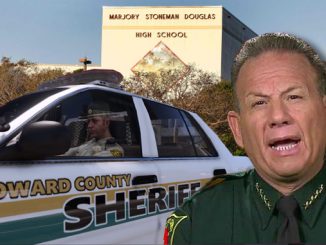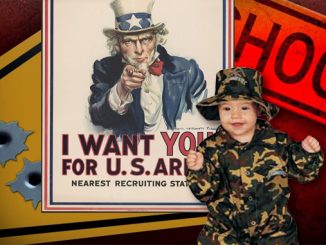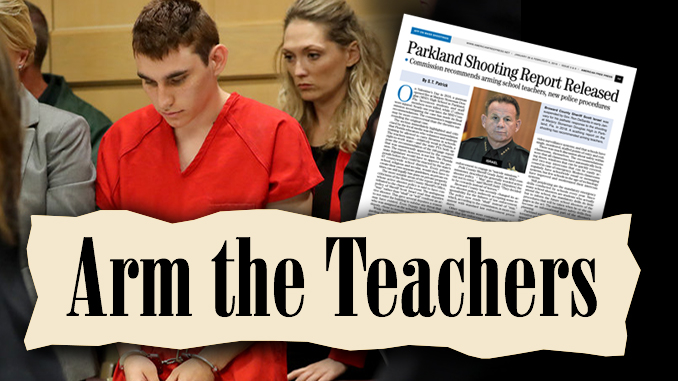
The Florida commission that reviewed the actions before, during and after the Parkland high school shooting on Valentine’s Day 2018 has recommended that districts allow trained school teachers to be armed as well as new law enforcement procedures.
By S.T. Patrick
On Valentine’s Day in 2018, a gunman opened fire at Marjory Stoneman Douglas (MSD) High School in Parkland, Fla. Seventeen students and staff members were killed, while 17 others were injured. Nearly one year later, the MSD Commission investigating the case has made its final recommendations. The commission’s suggestions may be more controversial than the theories surrounding the original case.
The section immediately highlighted and criticized by the local media was the recommendation that Florida educators who volunteer and undergo training be allowed to carry firearms in schools. The teachers union—relatively weak in Florida, a right-to-work state—and the state PTA both oppose the recommendation of the 446-page report that was unanimously approved by the commission.
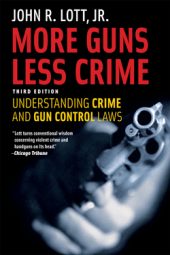
The report, however, is not law. The Florida state legislature would have to approve the proposals before they could be enacted by the state’s 67 countywide school districts. Every private school, religious and secular, would then have to create their own separate guidelines, as private entities can still legally ban guns on private property.
The more notable areas of the report deal with criticisms of the Broward County Sheriff’s Office, whose active shooter policy is said to have contributed to the chaos of the event. The ambiguous policy of Sheriff Scott Israel read that deputies “may” rather than “shall” or “will” confront an active shooter. This gave several deputies a reason to not enter the building to subdue any threat that may have existed. Even Deputy Scot Peterson, who was assigned as the school’s on-site resource deputy, chose to remain outside.
While Israel expressed his disappointment regarding the inaction of Peterson, he justified the previous policy by saying that he didn’t want law enforcement to engage in “suicide missions.”
Polk County Sheriff Grady Judd, an MSD commissioner, described the generally worded active shooter policy. “ ‘May’ gave them [deputies] the out not to enter,” said Sheriff Judd. “They decided to be cowards instead of heroes.”
Broward County has recently changed its active shooter policy, indirectly accepting some responsibility for the failures of law enforcement. The policy now reads “shall” instead of “may,” which, according to the commission, is more consistent with standard law enforcement procedures.
Other suggestions were contained within the report: that law enforcement officers assigned to public schools undergo annual active shooter training, which would include situations when they are alone; that neighboring, local police forces have radios that can easily communicate between cities; that Florida school districts allow law enforcement real-time access to their internal video surveillance systems; and that schools have single, monitored, staffed points of entry and exit.
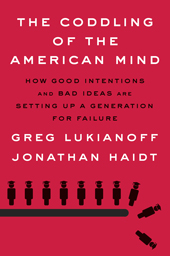
There was much discussion about safety within classrooms, themselves. The recommendations were that all classrooms have automatically locking doors, windows that can be quickly covered, and two-way intercoms that can be easily accessed in case of emergency. Modern classrooms regularly have school-wide email or messaging systems, but few schools in the age of technology have improved and modernized their intercom systems.
Still perplexing are the mandatory emergency drills conducted by schools every year. Since many school shooters are students who actually attend the school, the mandatory drills do little but to inform the future school shooters of the procedures that will be taken when he or she engages in the act. The mandatory safety drills then become an informational part of the shooter’s planning.
Parkland remains a lightning rod within the alternative political analysis communities. While it appears that a majority of observers do believe that MSDHS was the site of a tragic Valentine’s Day massacre in 2018, there are still some, such as editor Jim Fetzer (The Parkland Puzzle) and commentator Ole Dammegard, who believe that it was a false-flag operation used to heighten the police state and strengthen the anti-gun movement.
The chaos of the day and the ineffective nature of law enforcement behaviors only add to myriad questions that are still asked.
S. T. Patrick holds degrees in both journalism and social studies education. He spent ten years as an educator and now hosts the “Midnight Writer News Show.” His email is [email protected].

